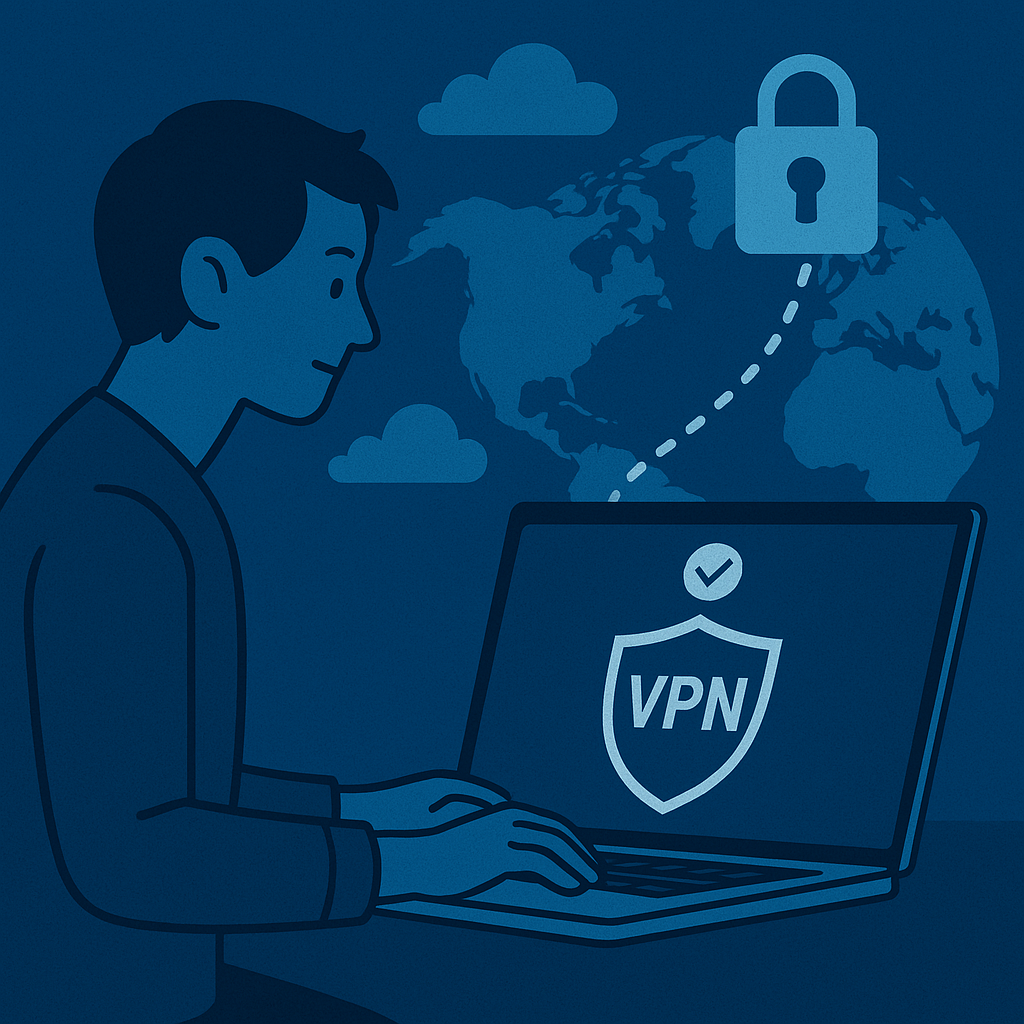
In today’s digital age you may frequently hear the advice, “Use a VPN!” While it’s often associated with accessing geo-restricted content or bypassing censorship these are just a small part of the picture. There are far more critical reasons why using a VPN is essential.
Let’s explore the real reasons why you should consider using a VPN. Spoiler alert: it’s not just about watching TV series.
Simply put, **HTTPS**ecure is a highly secure and encrypted method of transmitting data over the internet.
How to use HTTPS If you want to use **HTTPS** as a security measure, there are two strategies you can consider:
The padlock icon in your browser indicates that the website you’re visiting is using HTTPS. This means your connection is secure, and your data is protected from prying eyes. Alternatively, you can check if the website’s URL begins with https:// rather than http://.
With the plugin method, you install an extension into your browser that forces websites to use HTTPS. This ensures that sites supporting both HTTP and HTTPS will always use HTTPS, providing additional security for your connection. Keep in mind that some websites don’t support HTTPS, in these cases the plugin won’t work. This method requires **you** to be aware of the sites you visit and their security practices. **Be especially cautious if a trusted site suddenly fails to use HTTPS.** To install such a plugin, visit your browser’s plugin store and search for “HTTPS”.

As we’ve seen a VPN is not just about hiding your location; it is a crucial tool for protecting your data on the internet. When combined with HTTPS, which is thankfully more common nowadays, it creates a safe environment for your network traffic. While a VPN encrypts all your network traffic, HTTPS is designed specifically for web traffic in your browser. Even when you’re not using a browser, a VPN remains a valuable safety mechanism—particularly when you are connected to an insecure network or working remotely. Overall, the best approach is to implement the good practices mentioned [above](#what-is-https-and-how-to-use-it) while also connecting to a VPN. This way, a hacker monitoring your network won’t even know which websites you’re visiting, let alone the data you’re transmitting.
How to Choose the Right VPN
When selecting a VPN, there are several factors to consider. Here are some key points to help you make an informed decision:
If you are interested, contact us or if you need more information, visit our other website: www.datatronic.hu

To provide the best experiences, we and our partners use technologies like cookies to store and/or access device information. Consenting to these technologies will allow us and our partners to process personal data such as browsing behavior or unique IDs on this site and show (non-) personalized ads. Not consenting or withdrawing consent, may adversely affect certain features and functions.
Click below to consent to the above or make granular choices. Your choices will be applied to this site only. You can change your settings at any time, including withdrawing your consent, by using the toggles on the Cookie Policy, or by clicking on the manage consent button at the bottom of the screen.